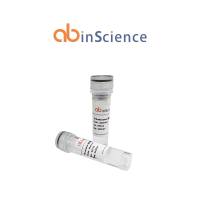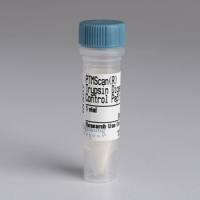Utilizing RNA-Seq to Define Phytochemical-Induced Alterations in Insulin and IGF-Regulated Transcriptomes
互联网
254
Cancer at its root is a genetic disease brought on by genomic alterations that lead to uncontrolled cell division, metastasis, and enhanced cell survival. The study of genomics can address many of the genetic abnormalities associated with cancer and represents a rapidly progressing field. Our knowledge base regarding specific gene mutations and alterations leading to cancer and the development of subsequent gene-targeted therapies is being rapidly transformed by the application of new RNA and DNA sequencing technology, including a number of high-throughput sequencing methods. In contrast to older Sanger sequencing methods, next-generation high-throughput sequencing methods enable the sequencing of thousands to millions of molecules at once. Here we review how the specific high-throughput sequencing method, RNA sequencing (RNA seq), can be utilized to study the impact of phytochemicals on growth factors, such as insulin-like growth factor, that have been shown to play a primary role in both cancer development and progression. RNA seq is a method of high-throughput sequencing of cDNA in order to gain information about a sample’s RNA content. In addition to determining an RNA sequence of a specific sample, RNA-seq provides information regarding an organism’s transcriptome, including information regarding abundances of transcripts, mutations, fusion transcripts, noncoding RNA, transcriptional modification, gene regulation, and protein information.








